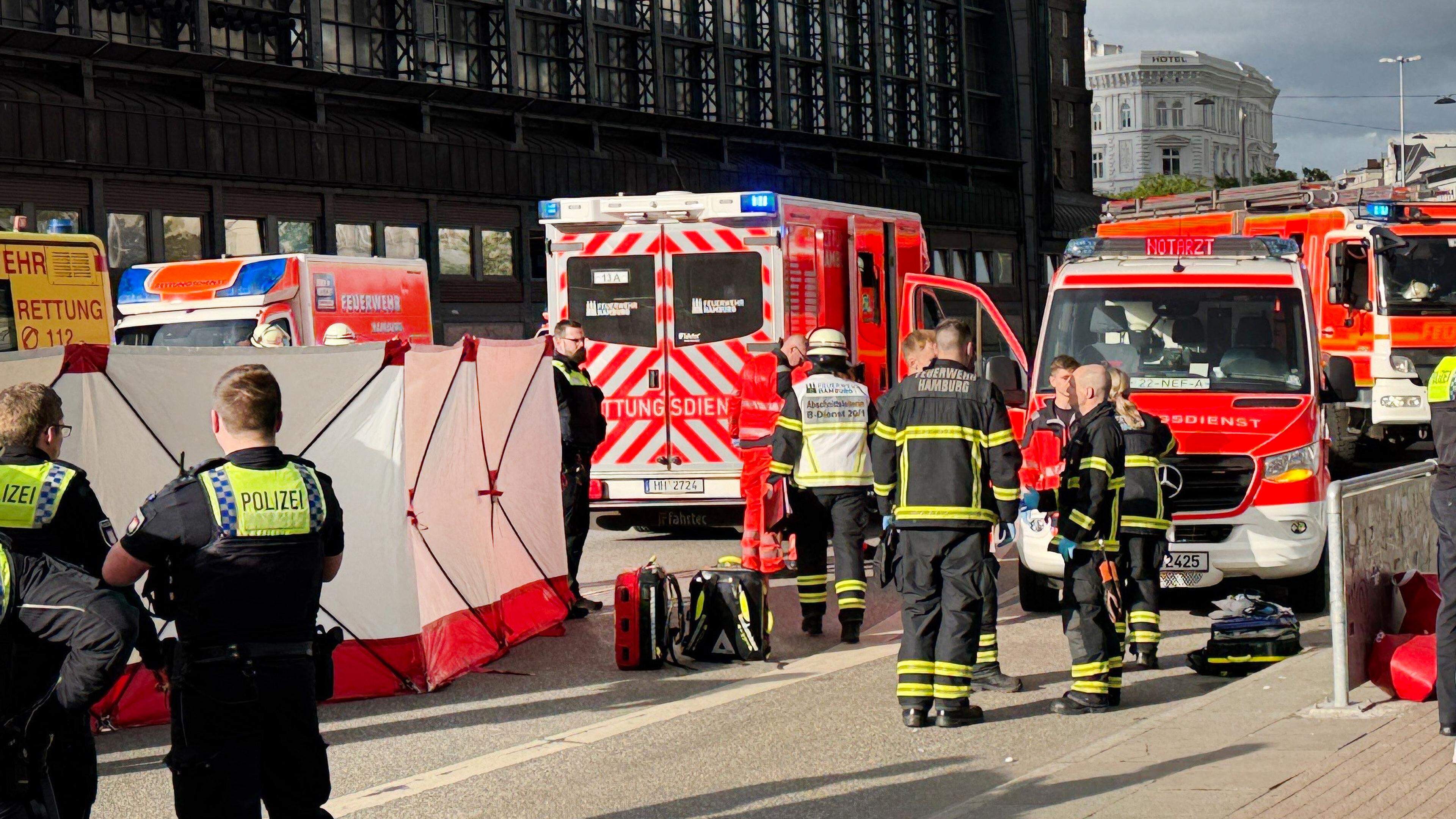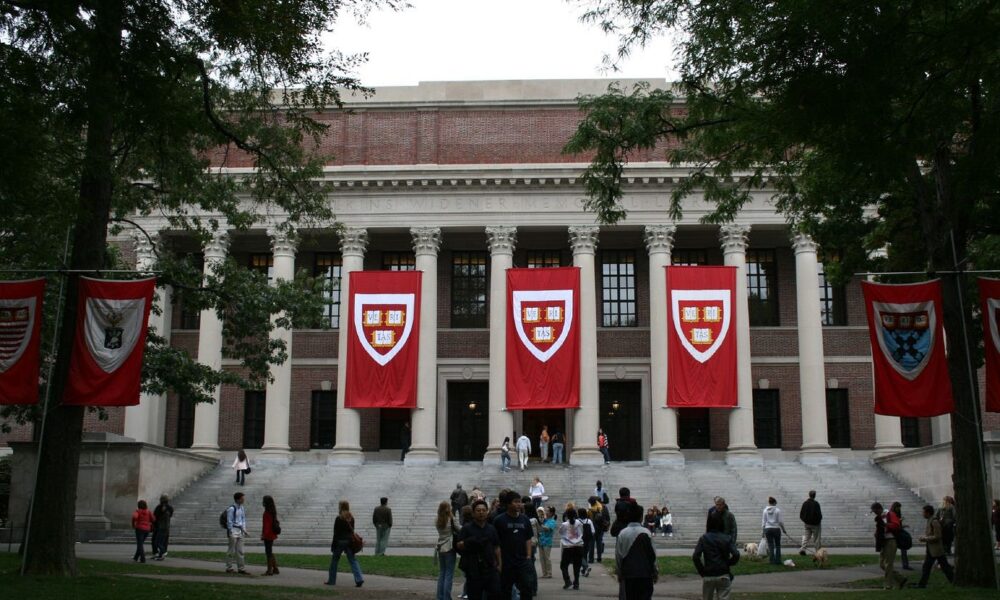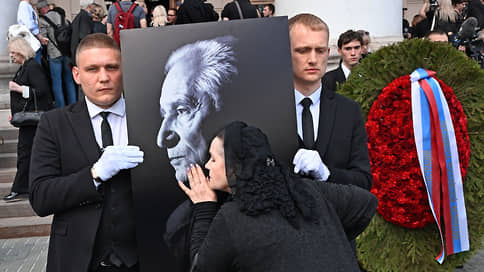In ‘Wasted Land’ Ntando Cele finds a great balance between bitterness and humor, confrontation and compassion
/s3/static.nrc.nl/images/gn4/stripped/data132704420-415660.jpg|https://images.nrc.nl/Xma09b6MTILrC-QeJHTpt8mgpB8=/1920x/filters:no_upscale()/s3/static.nrc.nl/images/gn4/stripped/data132704420-415660.jpg|https://images.nrc.nl/5C6N0yma70Di50ZwQ3Sy92UcMZE=/5760x/filters:no_upscale()/s3/static.nrc.nl/images/gn4/stripped/data132704420-415660.jpg)
A smiling laugh. The South African director and theater maker Ntando Cele has just informed us dry about the average wage of the person who made our clothing: thirty cents a day. « That’s not much, » she says. No, that’s not much. « But hey, better than nothing! »
At the Nederlands Theaterfestival, Cele won last year together with director Julian Hetzel, the control price for Spafricaa performance that ingeniously drawn attention to the problematic aspects of Western empathy. Cultivating compassion, the duo showed, is also a way to maintain crooked power relations. Last Thursday, the Spring Performing Arts Festival in Utrecht was opened with Cele’s most recent performance: WASTED LAND.
Just like in Spafrica Cele here puts Western goodness on the chopping block, with an emphasis this time on the fight against climate change. In an interview with Laura Ginestar on the Spring website, Cele says that she has always felt resistance to focus on climate problems in her work. « For me, the climate crisis feels very much like a white subject, » she says. The concept of ‘waste colonialism’ has helped her, she explains to better understand her discomfort in the theme.
Photo Claudia Ndebele
Neo-colonialism
The way in which Western people get rid of their own waste products (namely: they dump in poorer countries) is a form of neo-colonialism. Waste, says Cele, represents part of ourselves that we hate. We want to get rid of that. It is Western man who has the vast majority of global waste production on his conscience, as a result of a grotesque urge to drink, and it is usually people in the global south that is saddled with it. We can be even proud of our recyclable PET bottles, our paper straws, our climate marches, and the bags of discarded t-shirts that we dump in the textile bin on the corner.
In WASTED LAND Celectly shows how absurd the relationship between the (in itself touching) efforts of Western man is to fight against the climate problem (those paper straws) and the decadent lifestyle that is primarily the cause of it, and where very little changes. The ‘Fast Fashion’ in which we dress every day ends, after being dumped in that textile bin, in a tens of meters high, growing, unimaginable, textile constructed mountain landscape in Ghana.
Cele finds in WASTED LAND A handsome balance between bitterness and humor, confrontation and compassion, hopelessness and, yet also, something of hope. In part, she finds it, wry enough, in the climate crisis itself, which, no matter how destructive, does not discriminate. « We are all in the same storm, » she says.
No matter how complex and insoluble the climate problem may seem, in the end it is in three words to summarize what we actually do, Cele finally suggests. In a half-ironic rap number we get the specific final agreement of this funny, bitter, very musical, disruptive and confrontational performance. It is as simple as effective: « Buy Less Shit. »
Read also
Ivo Dimchev closes the Spring Festival

:format(webp)/s3/static.nrc.nl/images/gn4/stripped/data132661060-f0c7f2.jpg)
:format(webp)/s3/static.nrc.nl/bvhw/files/2025/04/data131289136-3315e0.jpg)
:format(jpeg):fill(f8f8f8,true)/s3/static.nrc.nl/taxonomy/6b6e7c1-Sluimer1280.png)
/s3/static.nrc.nl/wp-content/uploads/2025/05/21171355/data132520857-86bdbf.jpg)



